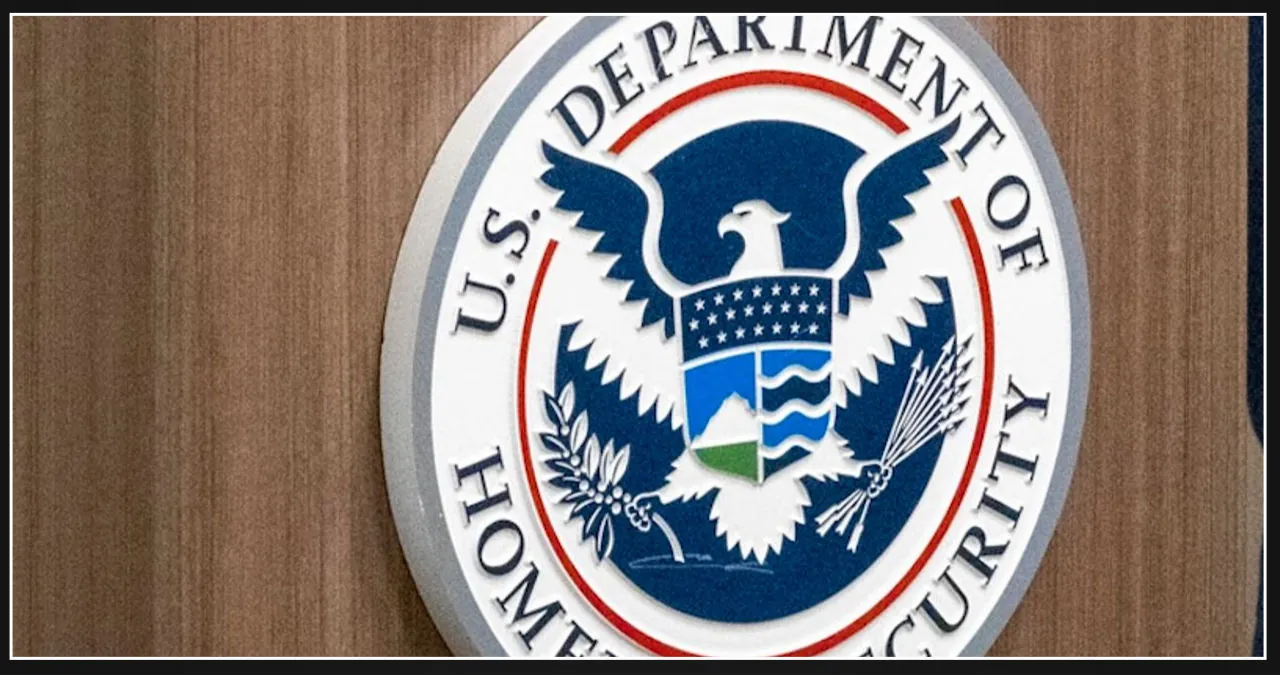Employers in the United States may now face penalties of up to $5,724 per individual if they hire undocumented immigrants. The Department of Homeland Security (DHS) has published a final rule in the Federal Register, granting U.S. Immigration and Customs Enforcement (ICE) the authority to impose these penalties. This new amount represents a slight increase from the previous maximum penalty of $5,579.
In the past, employers who knowingly hired, recruited, referred, or retained unauthorized aliens faced civil penalties ranging from $698 to $5,579. However, the penalties have been revised and now range from $716 to $5,724 for first-time violations.
If an employer is found in violation for a second time, they may be penalized up to $14,308 per individual, and for third-time offenders, the penalties can be as high as $28,619 per person. These updated penalties have been implemented to account for inflation.
ICE has increased penalties for various violations. These updated penalties will come into effect on January 2, 2025, and will apply to violations that occur after November 2, 2015. Although enforcement of these penalties was not a top priority during the Biden administration, they could have a substantial impact on employers under the forthcoming Trump administration.
During his first term, Trump’s administration ramped up efforts to target businesses suspected of hiring undocumented workers. In just eight months of 2019, ICE carried out a nationwide operation that resulted in 5,200 notices being issued to employers for I-9 audits. As part of these operations, numerous businesses were raided, and several employers even faced arrests.
Under federal law, employers in the United States are required to verify the work eligibility of their employees. This is done through the use of the I-9 form, which serves as a means of verifying an individual’s eligibility to work in the country.
If an employer is notified by ICE (Immigration and Customs Enforcement), they are given a three-day window to produce valid I-9 forms for their employees. It is important for employers to comply with this requirement, as failure to do so can lead to penalties and potential legal action by ICE.

